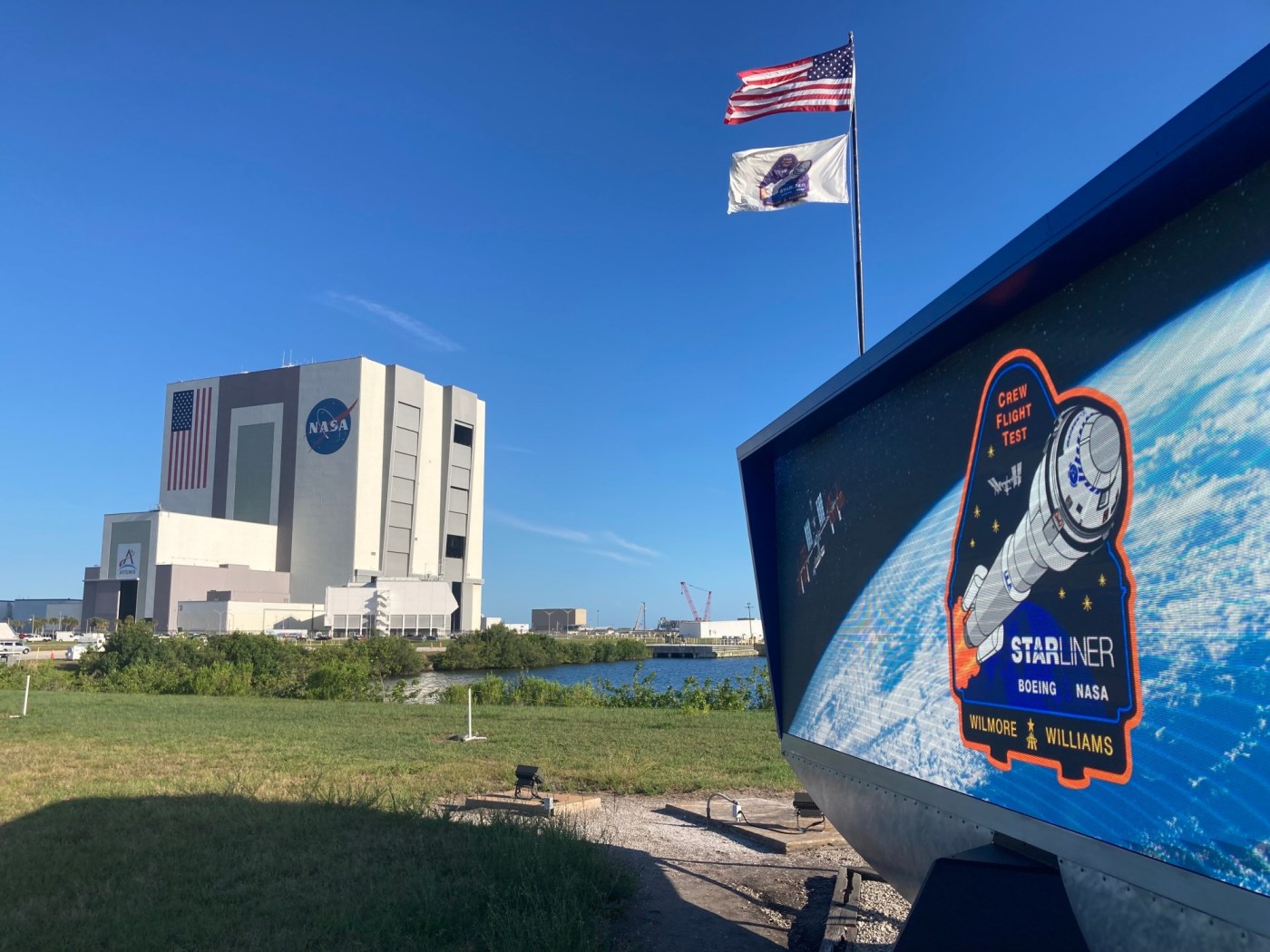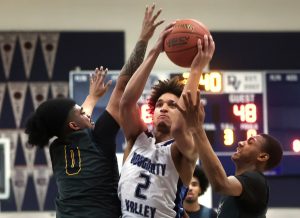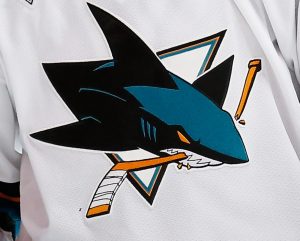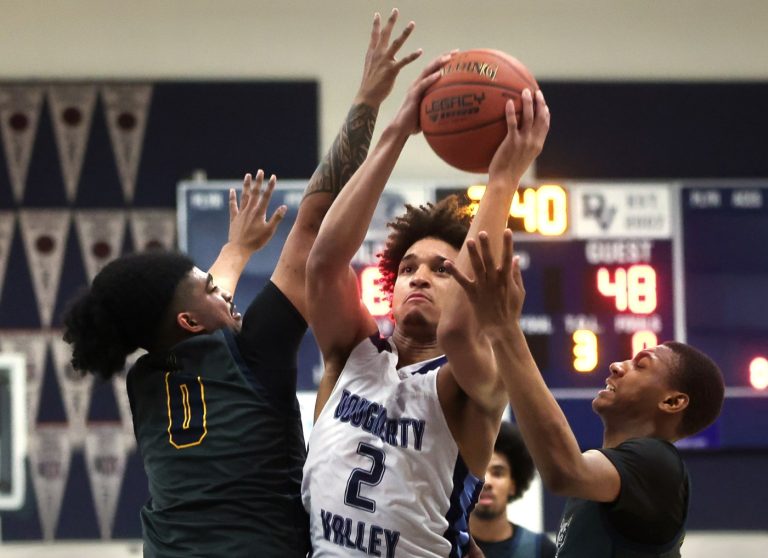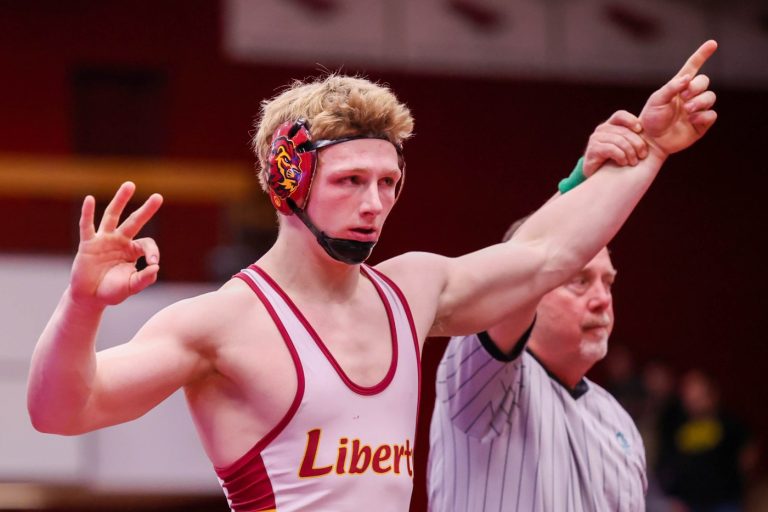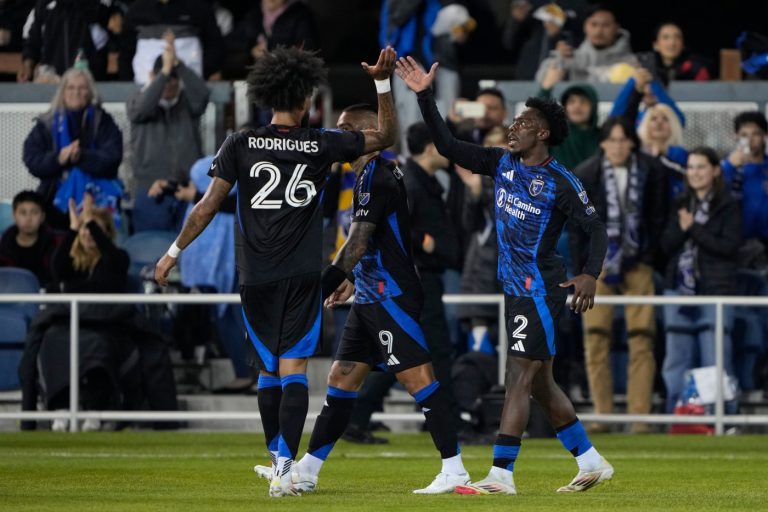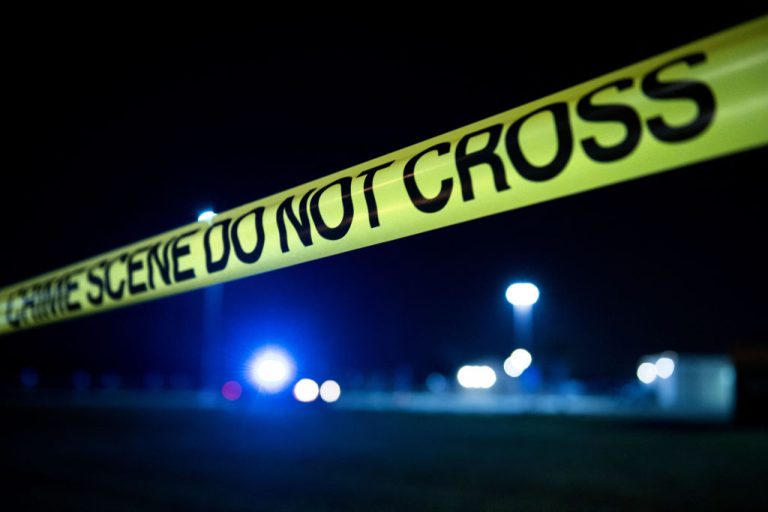KENNEDY SPACE CENTER — NASA announced late Tuesday that it was no longer aiming for a Saturday launch of a pair of astronauts aboard Boeing’s CST-100 Starliner as teams discuss a helium leak found on the spacecraft.
While the range was cleared for Sunday and Tuesday backup launch windows, NASA said the next possible launch “is still being discussed.”
At issue has been a helium leak found on Starliner’s propulsion module. NASA previously stated that the leak had undergone pressure tests mimicking what would be endured during launch, and was “stable and would not pose a risk at that level during the flight.”
But discussion about its potential danger continues.
“The team has been in meetings for two consecutive days, assessing flight rationale, system performance, and redundancy. There is still forward work in these areas,” NASA said in an emailed statement. “NASA will share more details once we have a clearer path forward.”
It’s another in a series of delays to get the first crewed launch of the Starliner spacecraft off the ground. NASA’s Butch Wilmore and Suni Williams were strapped in and ready to fly when teams scrubbed an attempt back on May 6 because of a valve issue with United Launch Alliance’s Atlas V upper stage.
The decision was made to roll the rocket back off the pad at Cape Canaveral Space Force Station’s Space Launch Complex 41 to replace the valve. While that work was being done, managers began taking a closer look at a helium leak also discovered on May 6 but not deemed big enough to stop the countdown at the time.
NASA had initially targeted May 17, and then May 21 and then May 25, but now all have been taken off the board.
With it off the pad, and in ULA’s Vertical Integration Facility at SLC-41, a deeper dive has been taken to assess the risk of the leak, which was traced to a flange on one of the reaction control system thrusters within one of the four engine compartments of Starliner’s service module.
If it’s determined work needs to be done on the service module, it could mean returning the Starliner to Boeing’s facilities at KSC for repairs, which would push the launch attempt to later this summer. NASA has not indicated what options are on the table.
Boeing is trying to join SpaceX as one of two providers under NASA’s Commercial Crew Program to provide transportation of astronauts to and from the International Space Station.
SpaceX has been flying its Crew Dragon spacecraft since May 2020 to the ISS while Boeing has had to undergo major software, hardware and management changed to the Starliner program putting Boeing now four years behind.
When it does launch, the Crew Flight Test aims to let Williams and Wilmore test out the spacecraft’s manual flight backup options to what would normally be an automated system that docks with the ISS. They will spend about eight days on board before returning to Earth for a landing in the desert in the western United States.
If all goes well, the first crew rotation mission, Starliner-1, could come as early as February 2025, and be the first of six contracted flights for Boeing through 2030 with one launch a year trading off duties with SpaceX.
For now, SpaceX’s Crew-7 remain on board the ISS awaiting to welcome the Starliner crew, but will be replaced this August when Crew-8 launches from KSC to replace them.
If Starliner’s test flight gets delayed too much, the Crew-9 team could take the February 2025 launch slot.
